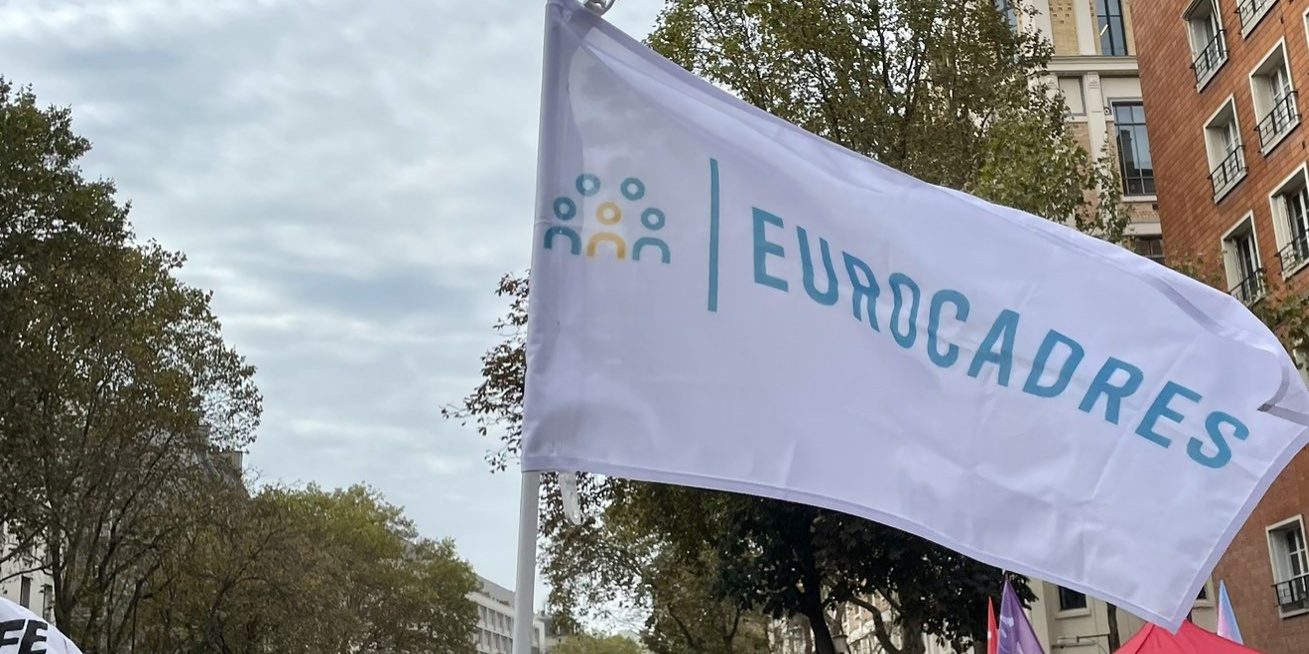
Unions to take firm stance against austerity
Brussels demo a united front.

Next week trade unions from across the European Union will take place in a demonstration in Brussels, with a large Eurocadres delegation set to send a firm message against the reintroduction of austerity in the European and national budgets.
EU plans to cut €45 billion next year alone through the ‘Stability and Growth Pact’ pave the way for a massive reduction in worker’s purchasing power, cuts in wages, the underfunding of public services, a decline in living standards and increased in-work poverty throughout Europe. A repeat of the brutal austerity policies seen following the 2008 crash are not the answer to the problems facing Europe, and a damning indictment of many political decision-makers in Brussels and in national capitals. Trade union actions across September and October led to the EU’s Economic and Financial Affairs Council postponing their decision on the rules on October 17th, with next week’s European demo the latest in a long-line of grassroots union action aimed at reversing the course of finance ministers.
Workers have already seen a stark deterioration in their conditions, pay and work-life balance, with real wages falling despite real profits increasing, and continued inflation across various Member States. Professionals and managers are in no way insulated from this, with many facing these and other serious concerns day-in and day-out.
Managerial staff rank second in all professions for weekly hours worked on average in Europe (43.3), while 44% of managers work outside working hours because they are unable (or it is impossible) to complete the tasks within working hours and 67% of managers feeling obliged to respond to communication outside working hours. Evidence has shown the impact of this, even with working time preferences differ substantially among individuals, overemployment (i.e., when actual hours exceed desired hours) has a significantly negative effect on workers’ health. Evidence also indicates that longer working hours have an adverse impact on health, and work–life imbalance (i.e., a mismatch between desired and actual working hours) may also reduce employees’ self-perceived health conditions. Self-reported health is a determinant factor that is positively associated with life satisfaction in OECD countries, and its impact on life satisfaction is not as significant as work–life balance due to the fact that Europeans take it good public health for granted.
Eurostat has shown that 23.9% of P&Ms have a highest proportion of long working hours in the EU – slightly increased from previous year. For all categories of workers the average is 7.3% in 2022, showing the disparity amongst this category in particular. Added to this that real wages have fallen in all OECD countries (even amongst higher earners), and the outlook should austerity be reintroduced into this situation is quite bleak.
Professionals and managers have been exposed, as with all other workers, to the inflation and cost of living crisis, with the added complications outlined above of spiralling wages, longer hours and worse health outcomes exacerbating their situation. As our members have shown throughout a number of recent (and historical!) demonstrations, our commitment to fighting austerity is as strong as ever before.
On December 12th we will march in solidarity with workers from across Europe to demand not only an avoidance of the reintroduction of austerity, but also for progressive policies to alleviate the burden facing workers today. Investment in public services, the rejection of privatisation and the prioritisation of people, not profits, must be pillars of all policies going forward.
